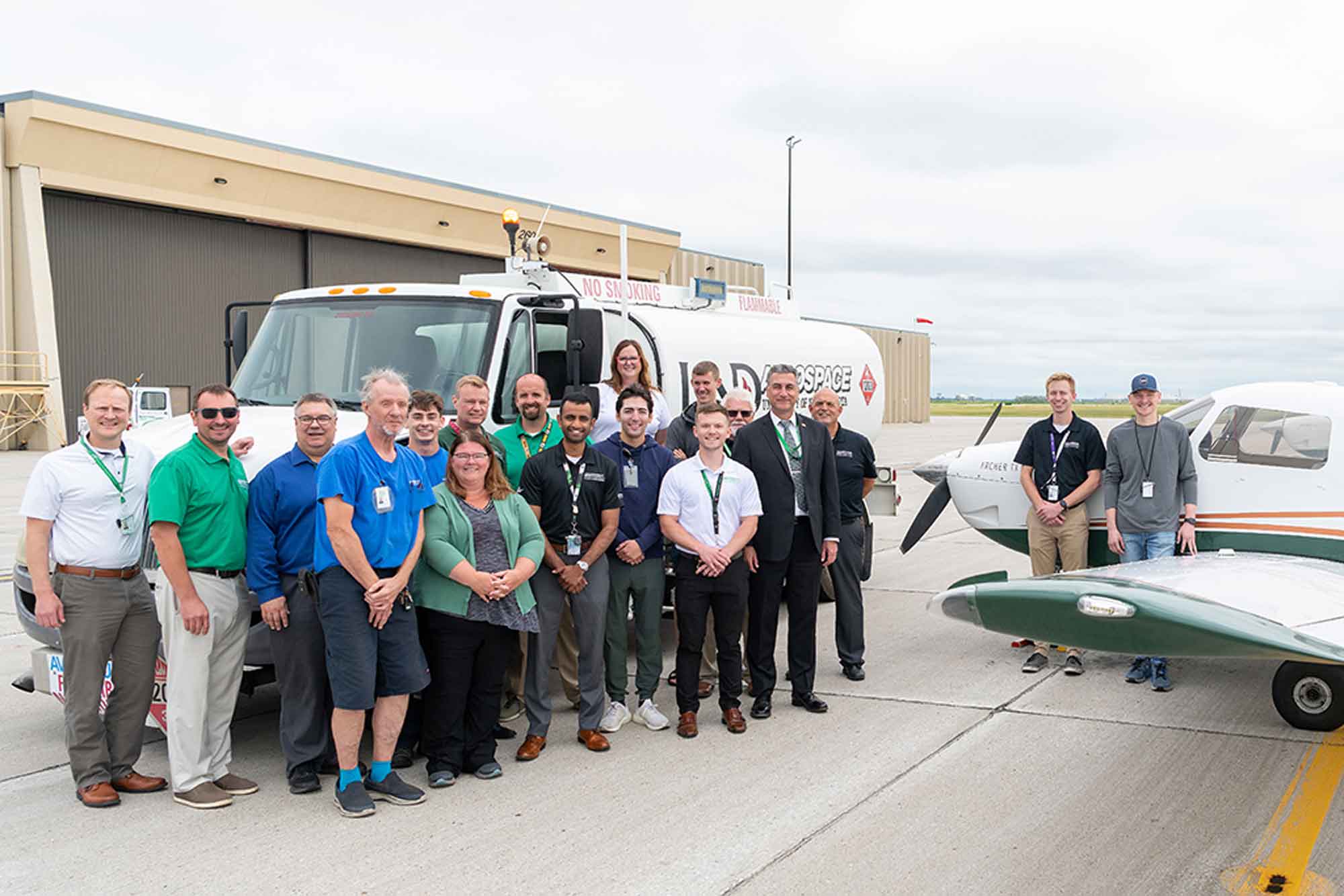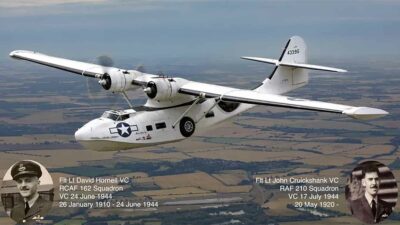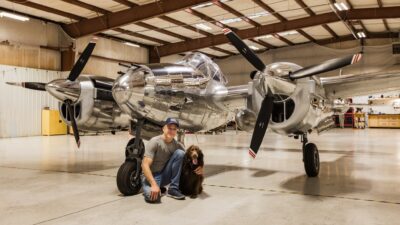The path to an unleaded avgas future is unclear after Lycoming Engines said aromatic additives in UL94 fuel may wear an engine’s valve seats.
A statement issued by Lycoming said, “Analysis indicates that aromatic concentration tolerances for UL94 may contribute to valve seat recession in certain flight profiles.
“Aromatic limits are not directly specified by ASTM D7547 [an industry standard – Ed], and elevated aromatic concentration may result in slower flame speed, radiant heat from particulates, and particulate abrasiveness to valve seats that may contribute to valve seat recession.”
Aromatics, which include benzene, toluene and xylene, are added to fuels to boost the octane rating without using lead.
It follows an incident where the University of North Dakota, which has a large aeronautical programme including pilot training, moved its fleet of aircraft from using 100LL to use UL94, a 94-octane unleaded fuel, produced by Swift Fuels, in the summer of 2022.
In October, after logging 46,000 hours using UL94, UND identified abnormal valve seat recession in its Lycoming engines. Following a risk assessment, UND decided to revert back to 100LL.
Lycoming Engines conducted a root cause analysis including further testing of UL94 and said, “This analysis has determined that the engine components and airframe components conform to specification and are not believed to contribute to valve seat recession.
“However, testing has also demonstrated that, under certain conditions, use of UL94 may impact valve seat recession.”

Happier days: UND switches to Swift UL94 for its fleet. Photo: UND
Ironically, one of the reasons UND switched to Swift UL94 was to reduce maintenance on its aircraft engines.
“Fuelling UND aircraft with UL94 will help UND Aerospace avoid maintenance issues that occur when using leaded avgas, which fouls aircraft engines with lead deposits,” said UND back in July 2023.
“The new fuel will extend the interval between oil changes and reduce the frequency of spark plug replacements and other mechanical issues and delays that interrupt a flight schedule.”
Lycoming Engines said it is working with the US aviation authority, the Federal Aviation Administration (FAA), to evaluate the sensitivity of piston engines to aromatics in fuels.
“If indicated by this further analysis, we will work with industry to further define ASTM D7547 provide appropriate guidance to operators regarding how leaning techniques can impact valve seat recession with high aromatic fuels,” said Lycoming.
One immediate impact is that Swift Fuels is now adding purple dye to UL94 to help identify the fuel.
The FAA is leading a campaign called ‘Eliminate Aviation Gasoline Lead Emissions’ (EAGLE), to identify and deploy a high-octane unleaded replacement for 100LL for piston-engine aircraft by the end of 2030.
Lycoming Engines













